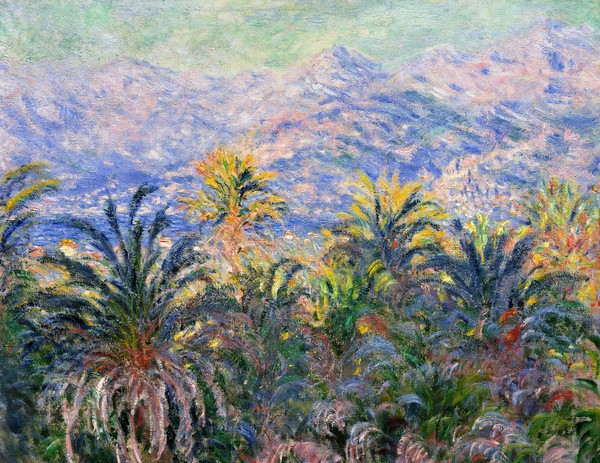Spiritual Sunday
I’ve only recently discovered e. e. cummings’s Christian poems and am impressed. In “i thank You God for most this amazing,” the poet has taken his distinctive style of idiosyncratic capitalization, punctuation, line spacing and word order and applied it toward capturing the glory of God.
Note how, following every semi-colon and colon, he doesn’t leave a space, as though he is breathless with excitement. And how the best word he can think to characterize God is “yes”:
i thank You God for most this amazing
day:for the leaping greenly spirits of trees
and a blue true dream of sky;and for everything
which is natural which is infinite which is yes(i who have died am alive again today,
and this is the sun’s birthday;this is the birth
day of life and of love and wings:and of the gay
great happening illimitably earth)how should tasting touching hearing seeing
breathing any—lifted from the no
of all nothing—human merely being
doubt unimaginable You?(now the ears of my ears awake and
now the eyes of my eyes are opened)
The last two lines may refer to Matthew 13: 13-16, where Jesus explains why he too must be creative in order to convey God’s word to others. In his case, he uses stories:
This is why I speak to them in parables: “Though seeing, they do not see; though hearing, they do not hear or understand. In them is fulfilled the prophecy of Isaiah: “ ‘You will be ever hearing but never understanding; you will be ever seeing but never perceiving. For this people’s heart has become calloused; they hardly hear with their ears, and they have closed their eyes. Otherwise they might see with their eyes, hear with their ears, understand with their hearts and turn, and I would heal them.’
But blessed are your eyes because they see, and your ears because they hear.
Cummings may also have in mind Bottom’s own riff off of the Matthew’s passage (in Midsummer Night’s Dream) as he tries to capture his dream, something else that is beyond expressing:
The eye of man hath not heard, the ear of man hath not seen, man’s hand is not able to taste, his tongue to conceive, nor his heart to report what my dream was.
God may defy our attempts to capture him in language, but those attempts can bring out the best in us.
